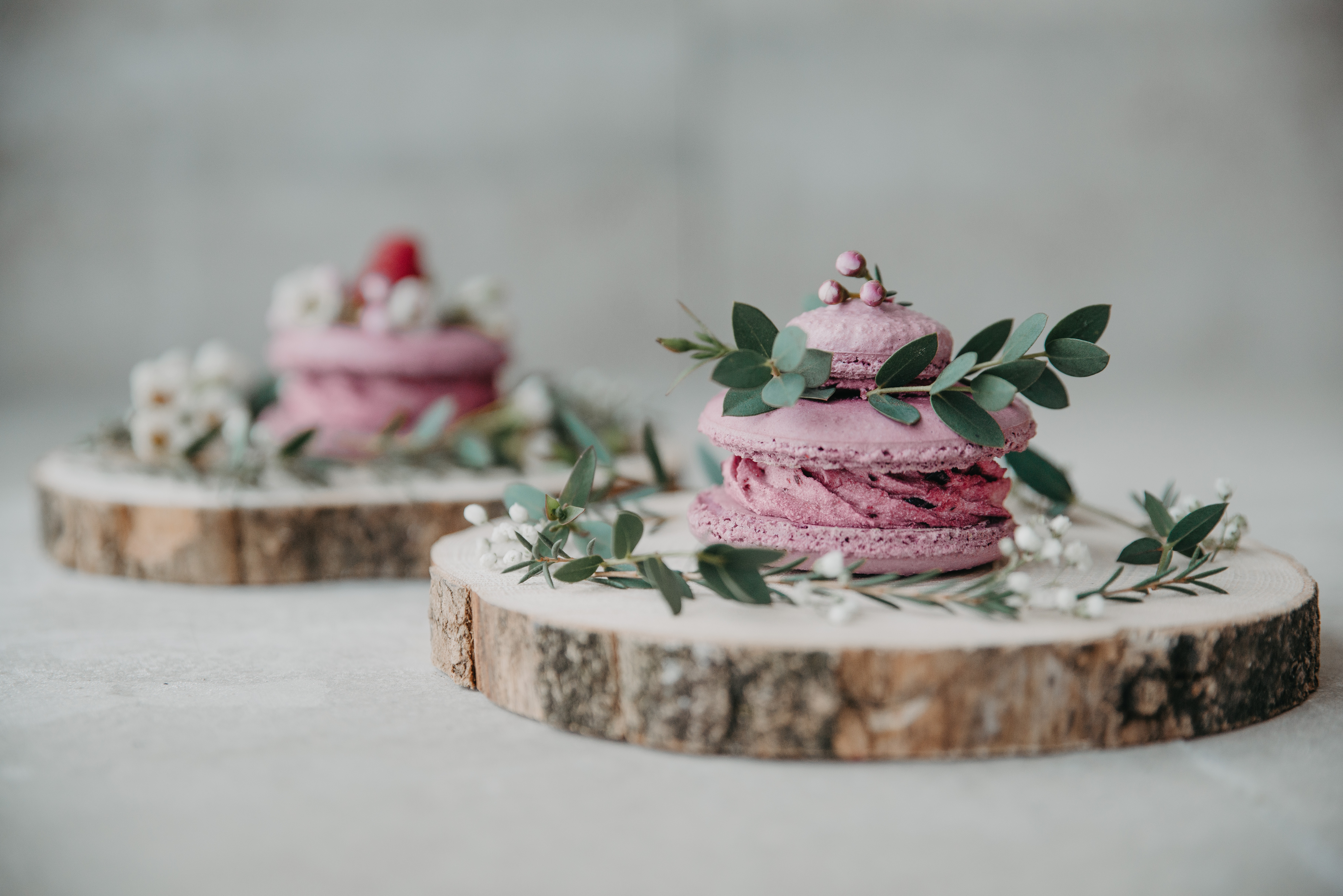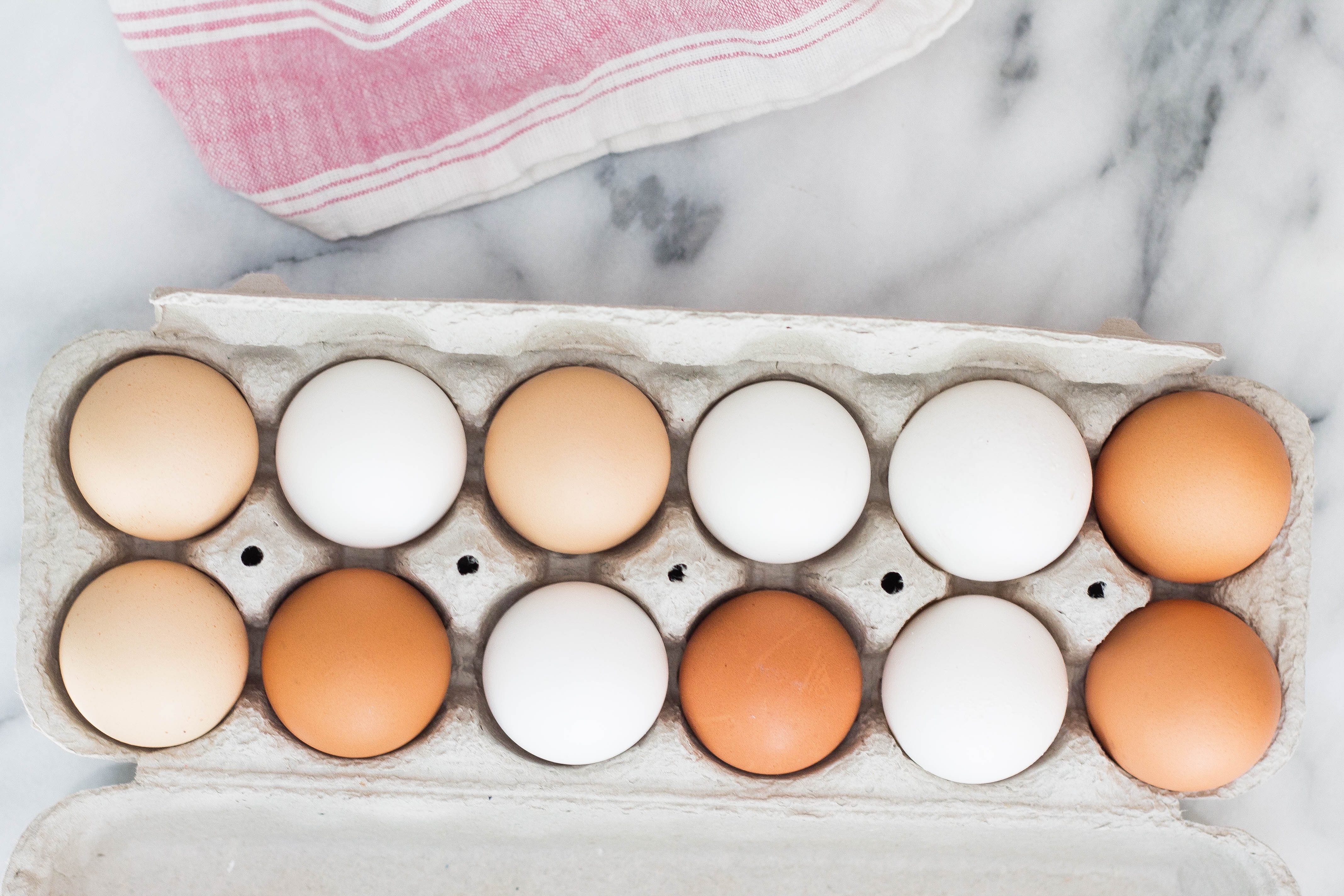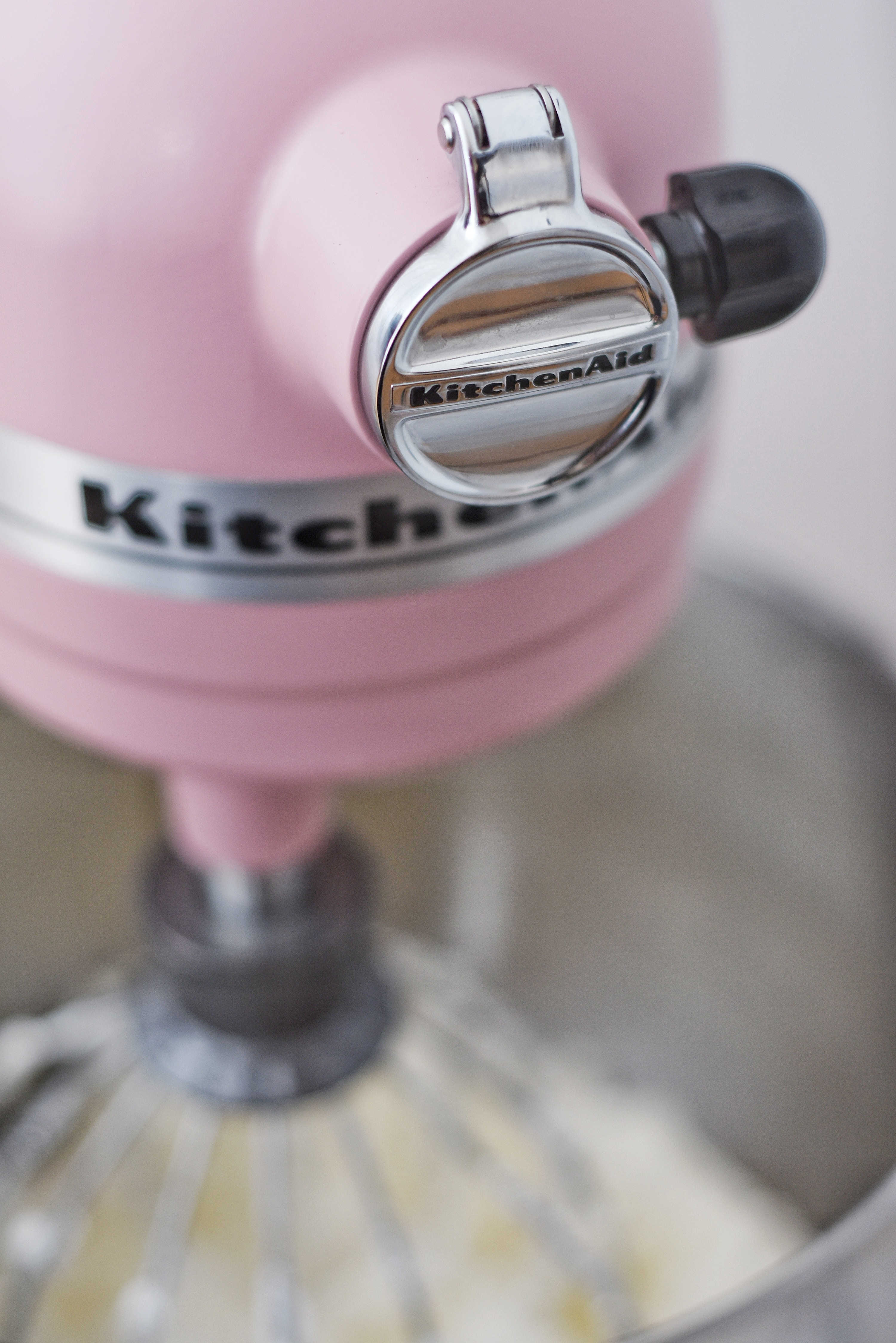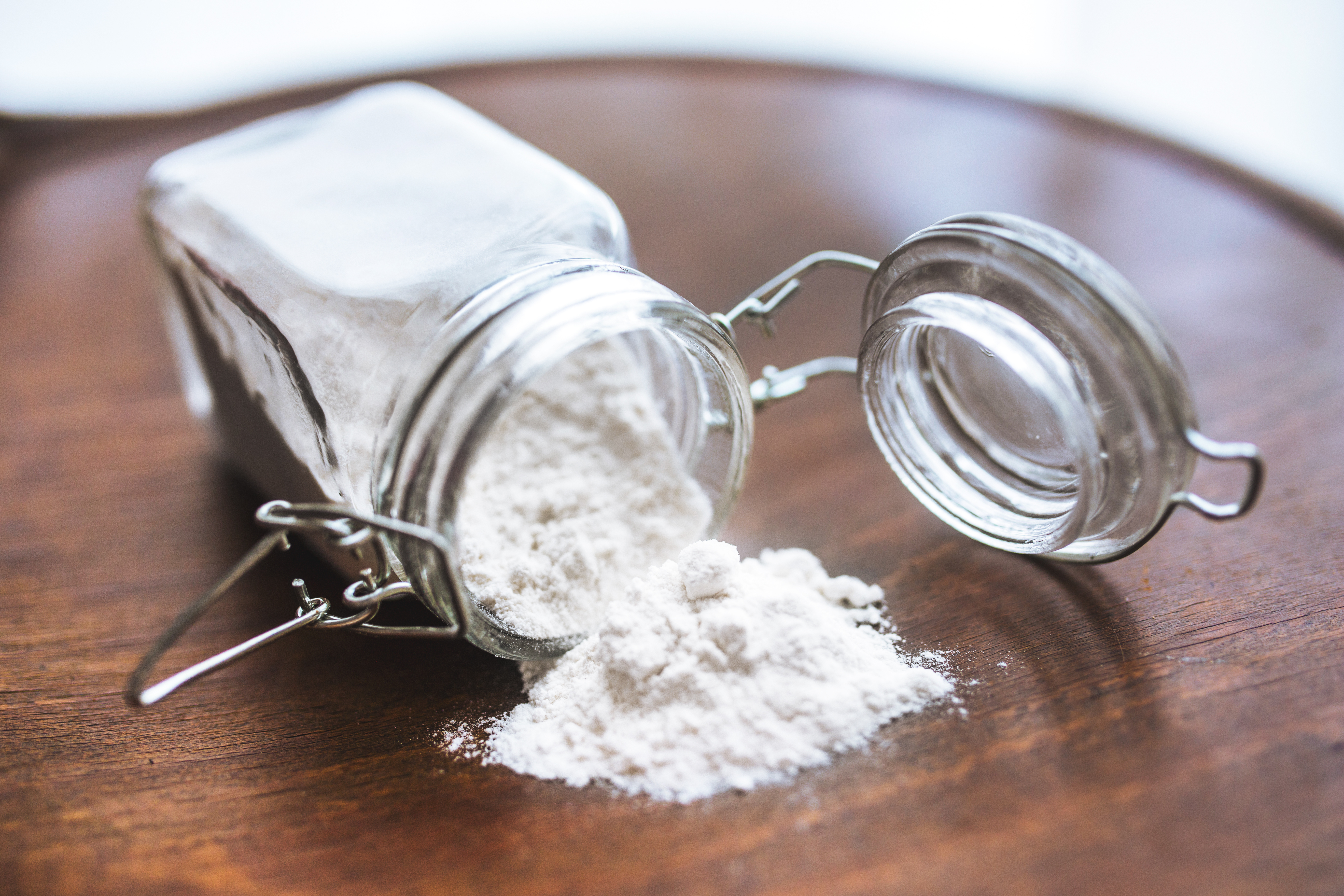I’ve spent many an hour searching for answers on Google after a cake has sunk, or didn’t rise as much as I’d hoped!! There’s so much information out there, so much SCIENCE!!! After a while I even started to question whether I was intelligent enough to bake cakes!! I mean how much science do you really have to know just to get a perfect bake??
The answer to this is actually very little, you just need to know WHY things happen and then do the opposite so that you can fix it!! (remember that there’s more than one obvious reason it’s going wrong too)
HERE’S THE SCIENCE PART
Before you read on, I must tell you that I tried very hard to make the science part witty and light hearted!! I TRIED!!!
Let’s start with the four ingredients that will either strengthen or weaken your mixture. Flour and eggs have properties that will STRENGTHEN your cakes. Too much of either in your mix and you’ll end up with a very dry, tough cake. Sugar and butter work in the opposite way, they will WEAKEN the structure of your cake, which means too much of these and your poor cake will collapse!!!
The next bit is a little bit more technical!! Eggs contain an emulsifier called Lecithin. Emulsifiers are molecules with a water-loving end (hydrophilic) and an oil- loving end (hydrophobic) the molecules help oil and water to mix together properly. Air bubbles can sit comfortably and remain very stable when they are suspended in a mix of oil and water.
And of course, air bubbles create light, fluffy MOIST cakes (I know, why didn’t I just say that??)
If you really want to impress your friends, tell them that sugar is hygroscopic!!! It traps and attracts water molecules. This means even more MOISTURE!!!
Baking Powder and Baking Soda (known as Raising Agents) will also help a cake to rise. They contain ingredients that react to acids, heat and liquid, which in turn create Carbon Dioxide bubbles (CO2). The CO2 bubbles work their magic and puff up the cake for you
Butter and eggs trap air when they are beaten which means they have the added bonus of helping a cake to rise.
Unless you’re planning on being head Pastry Chef somewhere wonderful or having your own foodie programme, this really is all the Science that you need to know for now!! (I know, I failed miserably with the humour, it’s just too HARD when its science)
CAKE DIDN’T RISE WELL
It could be something really simple like the oven being too cold. The heat from the oven will cause the Raising Agents to react and release CO2. If the oven is too cold, less CO2 bubbles will be released. As the CO2 bubbles are responsible for puffing the cake up, it’s a pretty sure thing that your cake won’t rise so well without them.
Always make sure you haven’t over beaten the eggs and butter. They’ll trap too much air, weaken the mixture and it will collapse.
As a quick afterthought, maybe you forgot to add the raising agents in the first place (yes I really have been that stupid!!!)
CAKE TOO DRY
Lets think about the really obvious problems first. The oven was simply too hot or maybe you left the cake in for too long. Remember though, that too much flour can make your cake dry (team strengthen) and that you’ll end up with less trapped moisture if you don’t use quite enough egg (Lecithin).
CAKE RISING UNEVENLY
This is always a “Bubble” situation. Air bubbles or CO2 bubbles all need to be evenly distributed otherwise some parts of the cake will rise and other parts won’t.
Always make sure that eggs and butter are at room temperature before you beat air into them. If they’re too cold they won’t mix into the batter evenly and neither will your little air bubbles
Raising Agents should always be mixed into the batter evenly too, otherwise you’ll have the same problem with your CO2 bubbles (I fold my Baking Powder into the flour carefully before the flour goes into the batter)
CAKE SINKS
The usual culprit for this is opening the oven door too early and takes us straight back to the bubble situation. Raising Agents react and release CO2 bubbles when they are in a hot oven. If you open the door too quickly, out goes the heat, the chemical reaction stops in it’s tracks, no more bubbles and bam…. Your poor cake sinks!!!
That wasn’t too painful now was it!!






